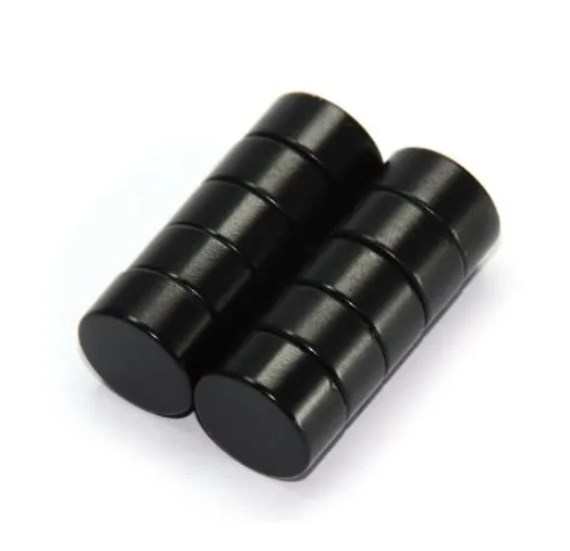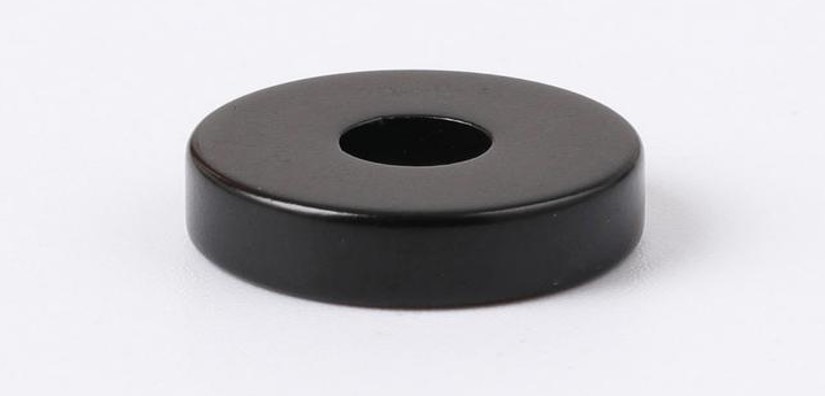Epoxy Magnets vs. Traditional Magnets: Why Epoxy Takes the Lead
Introduction
Magnets play a vital role in countless applications, from everyday consumer products to advanced industrial systems. Traditionally, magnets have been manufactured using materials such as ferrite, neodymium, and alnico. However, a relatively new contender has emerged in recent years—epoxy magnets. In this article, we will explore the advantages of epoxy magnets over traditional magnets and why they are gaining popularity in various industries.

Understanding Traditional Magnets
Traditional magnets, such as ferrite magnets, neodymium magnets, and alnico magnets, have long been used for their magnetic properties. We’ll discuss their composition, strengths, and limitations, providing a foundation for comparing them to epoxy magnets.
Introducing Epoxy Magnets
Epoxy magnets are a type of composite magnet that combines magnetic powder (usually ferrite or rare earth) with an epoxy resin binder. We’ll delve into the unique characteristics and benefits of epoxy magnets, including their excellent mechanical strength, corrosion resistance, and design flexibility.
Enhanced Durability and Mechanical Strength
One of the key advantages of epoxy magnets is their enhanced durability and mechanical strength. We’ll explore how the epoxy resin binder reinforces the magnet, making it more resistant to impact, vibration, and cracking compared to traditional magnets.
Corrosion Resistance and Environmental Stability
Traditional magnets are susceptible to corrosion, particularly in harsh environments. Epoxy magnets, on the other hand, offer excellent corrosion resistance, protecting the magnetic material and extending the magnet’s lifespan. We’ll discuss how epoxy magnets excel in demanding conditions.
Design Flexibility and Customization
Epoxy magnets offer designers and engineers greater flexibility in shape and size compared to traditional magnets. We’ll explore how epoxy magnets can be easily molded or machined into complex geometries, allowing for custom designs and integration into various applications.
Thermal Stability and Insulation Properties
Epoxy magnets exhibit superior thermal stability, retaining their magnetic properties over a wide temperature range. Additionally, the epoxy resin binder provides excellent electrical insulation, making epoxy magnets suitable for applications that require both magnetic and electrical properties.
Applications and Industry Adoption
We’ll showcase the diverse range of industries that are adopting epoxy magnets, including automotive, electronics, renewable energy, medical devices, and more. We’ll highlight specific applications where epoxy magnets have outperformed traditional magnets and contributed to improved performance and efficiency.
Future Trends and Advancements
As epoxy magnet technology continues to evolve, we’ll discuss future trends and advancements in the field. This includes ongoing research and development efforts to enhance magnetic properties, increase energy efficiency, and explore new applications.
Conclusion
Epoxy magnets have emerged as a compelling alternative to traditional magnets, offering enhanced durability, corrosion resistance, design flexibility, and thermal stability. With their unique combination of properties, epoxy magnets are revolutionizing numerous industries and opening new possibilities for magnetic solutions.
As technology advances and industries seek more efficient and reliable solutions, epoxy magnets are positioned to take the lead. By embracing the advantages of epoxy magnets, manufacturers and engineers can unlock new levels of performance and overcome the limitations of traditional magnets.
For more info, please visit: https://www.stanfordmagnets.com/
